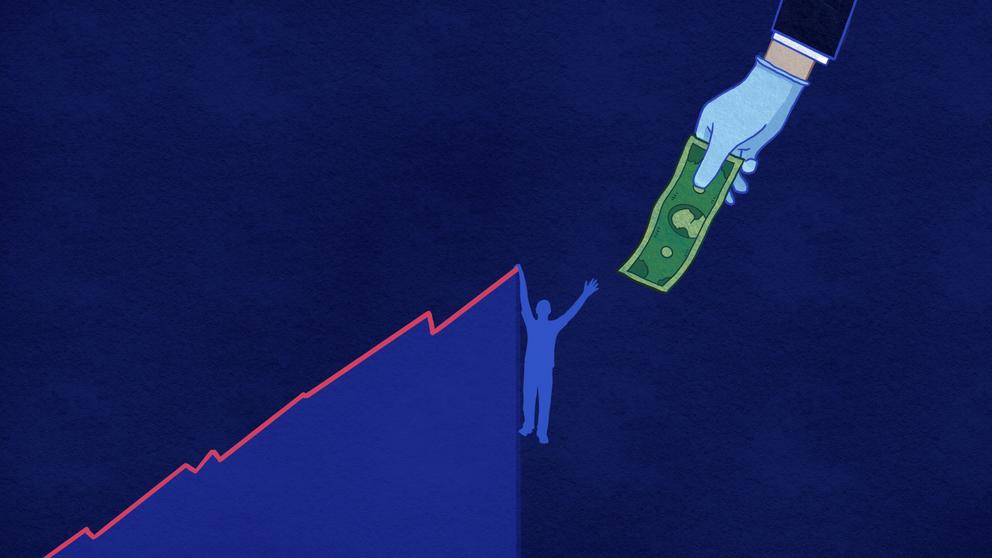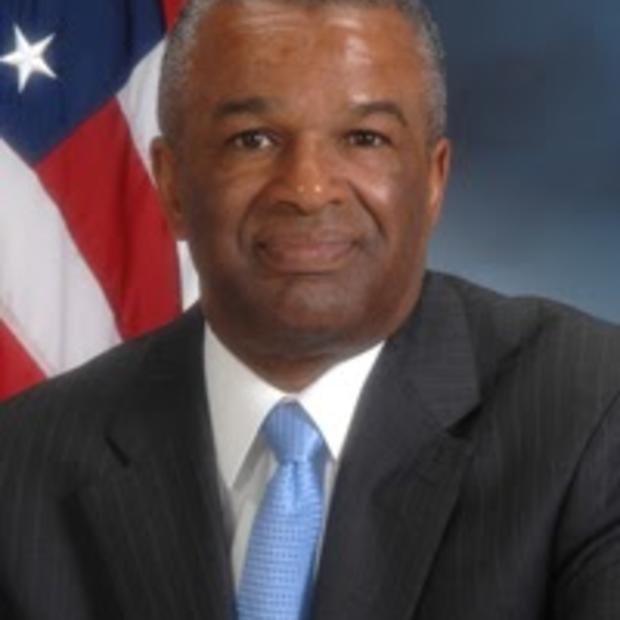As King County executive, and with the guidance of Public Health — Seattle & King County, I warned of our lack of preparation to handle a massive pandemic. The agency has been preparing ever since. But our public health policy options are limited. There is no vaccine. There is no cure. In the midst of a global pandemic, our shortage of hospital beds, equipment, supplies and personnel cannot be quickly procured from somewhere else. All we can do to avert a deadly collapse of our health care system is to collectively adopt the social distancing, hygiene and isolation practices necessary to slow the virus’ spread.
But all of these necessary measures — including the closures of schools, businesses and other venues — inevitably come at a devastating economic cost.
Read more: Coronavirus could mean catastrophe for public transit
This we know: The sudden closure of bars, restaurants and other “nonessential” businesses has already thrown tens of thousands of Washingtonians out of work, while tens of thousands more are working reduced hours. A record 181,975 Washingtonians filed for unemployment benefits between March 21 and March 28. “In the very near term,” a Seattle Metropolitan Chamber of Commerce study concludes, “COVID-19 will severely impact nearly 40% of all the jobs in King, Pierce and Snohomish counties.” Many gig economy and contract workers have also seen their incomes crater, with no paid sick leave or unemployment insurance to back them up. And unless we prevent this sudden loss of jobs and income from rippling back through the broader economy, many of the businesses that have “temporarily” closed will never reopen and rehire, causing many more businesses to struggle from reduced demand.
This we also know without a doubt: The sudden collapse of sales at bars, restaurants, hospitality, entertainment, retail and other businesses will cause the most abrupt collapse in state and local sales tax revenue in our history. No other state government relies on sales taxes as much as Washington, and unless we do something to immediately replace this revenue, we will be forced to impose brutal austerity at a time when state and local government services are needed most.
We cannot afford this outcome. We cannot allow the economic contagion to spread. And as the words and actions of President Donald Trump have made abundantly clear, we cannot rely on the federal government to come to our rescue.
That is why now is the time for the state Legislature to consider bold new policies that scale to the size of this unprecedented crisis. It is also the time for city and county governments across the state to do the same.
This will not be easy. The partisan divide has never been wider, and the habits and prejudices that govern both parties are old and strong. But, fortunately, while our public health policy options are limited, our economic policy options are not. The only limit to our ability to address this crisis is our imagination and our willingness to act.
We do not yet know how dire the public health consequences of this pandemic will be, whether we acted decisively and soon enough to “flatten the curve,” or whether an Italy-like catastrophe is only weeks away. But we do know that the economic costs of the public health measures we have already collectively taken will be devastating — and that they will be coming regardless of how this pandemic plays out.
If we are to avoid the bankruptcies, layoffs, foreclosures and evictions that would otherwise come, along with the painful recession and prolonged budget crises they would produce, then we must act as boldly against the economic contagion as we have against the virus itself, however unprecedented our actions might need be.
Over the coming weeks, the number of coronavirus cases will inevitably rise. That is the exponential nature of this epidemic. But a prolonged economic crisis is not inevitable. There is hope. Washington State has led the way in enacting policies to contain the spread of the virus. We must lead the way on containing the economic contagion as well.


